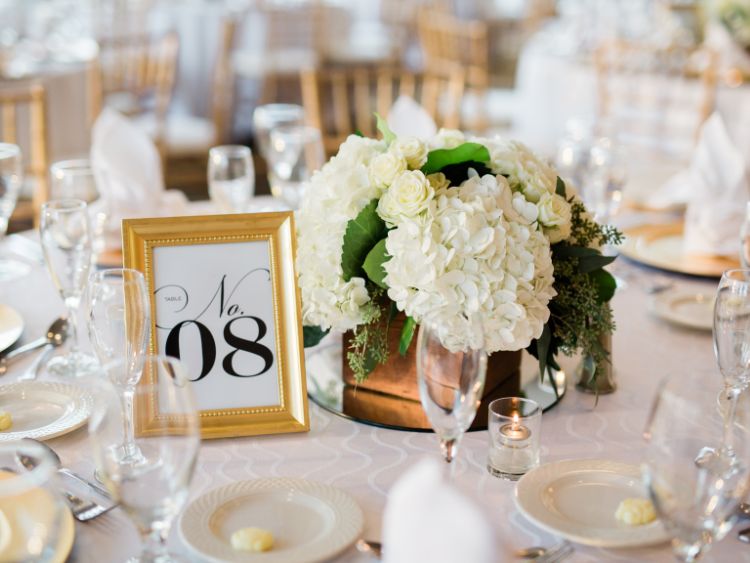Ah, wedding dresses—the pièce de résistance of every bride’s dream day. Whether you’re envisioning a classic ball gown, a sleek modern silhouette, or a boho-inspired design, the options can feel endless—and a tad overwhelming. But don’t fret! In this guide, we’ll walk you through everything you need to know to find the wedding dress that screams you. From understanding dress styles to tips for staying on budget, let’s dive into the magical (and sometimes daunting) world of wedding gowns.
Wedding Dress Styles: What Are Your Options?
Every bride has her unique vision, but these popular styles are a great place to start:
1. Ball Gown
If you’ve ever dreamed of being a princess for a day, the ball gown is for you. With a fitted bodice and a dramatic full skirt, this classic style exudes timeless elegance.
- Best for: Formal weddings, larger venues
- Pairs well with: Cathedral veils and statement jewelry
2. A-Line
Flattering on almost every body type, the A-line dress features a fitted top that gradually flares out, resembling the shape of an “A.”
- Best for: All wedding settings—indoor or outdoor
- Pairs well with: Simple accessories and romantic hairstyles
3. Mermaid and Trumpet
For brides who want to show off their curves, the mermaid and trumpet styles hug the body and flare out around the knees.
- Best for: Glamorous, red-carpet-style weddings
- Pairs well with: Bold makeup and dazzling heels
4. Sheath
This minimalist style falls straight down from the neckline, offering a sleek and modern look.
- Best for: Beach or intimate weddings
- Pairs well with: Natural hairstyles and subtle jewelry
Choosing the Right Fabric
The fabric of your wedding dress can dramatically affect its look and feel. Here are some common options:
- Satin: Smooth and shiny, perfect for structured styles like ball gowns.
- Lace: Delicate and romantic, ideal for vintage or boho brides.
- Tulle: Light and airy, often used for full skirts.
- Chiffon: Flowing and soft, great for beach weddings.
Tip: Try on dresses in various fabrics to see how they feel and move. Comfort is key—you’ll be wearing it for hours!
Tips for Finding “The One”
Wedding dress shopping can be emotional, so keep these tips in mind:
1. Start Early
Wedding dresses can take months to arrive after ordering, especially if alterations are needed. Aim to start shopping at least 9-12 months before your big day.
2. Set a Budget
It’s easy to fall in love with a gown that’s way out of your price range. Set a realistic budget and stick to it. Don’t forget to account for alterations, accessories, and preservation costs!
3. Be Open-Minded
You might be surprised by what you love. Many brides walk into a boutique with one style in mind and fall for something completely different.
4. Limit Your Entourage
While it’s tempting to bring every friend and family member, too many opinions can create confusion. Stick to a small group of trusted advisors.
Accessories to Complement Your Wedding Dress
No wedding dress is complete without the right accessories. Consider these finishing touches:
- Veils: From fingertip to cathedral length, a veil adds a touch of bridal magic.
- Shoes: Comfort is as important as style—remember, you’ll be on your feet for hours!
- Jewelry: Match your pieces to the tone of your dress (e.g., bold necklaces for simple gowns, dainty earrings for intricate designs).
- Belts and Sashes: These can add a pop of color or sparkle to your waistline.
Wedding Dress Shopping FAQs
Q: When should I start shopping for my wedding dress?
A: Start at least 9-12 months before your wedding date to ensure enough time for ordering and alterations.
Q: How do I choose the best wedding dress for my body type?
A: Focus on what makes you feel confident and comfortable. A-line dresses are universally flattering, while mermaid styles accentuate curves.
Q: Can I rent a wedding dress instead of buying one?
A: Absolutely! Renting can be a cost-effective and sustainable option, especially if you don’t plan to keep your dress.
Q: How much should I budget for a wedding dress?
A: While it varies, most brides spend between $1,000 and $2,500. Don’t forget to include costs for accessories and alterations.
Q: Should I buy my wedding dress online?
A: Online shopping can be convenient, but be cautious. Order only from reputable retailers and check their return policies.
Summary
Finding the perfect wedding dress is a journey—and one of the most exciting parts of wedding planning. Whether you’re drawn to a classic ball gown or a sleek sheath dress, the key is to choose a gown that reflects your style and makes you feel amazing. Don’t stress too much—enjoy the process and make it memorable. After all, this is your day!
Authoritative Links
- Bridal styles and trends: www.brides.com
- Wedding dress fabric guide: www.theknot.com
- Budgeting tips for wedding dresses: www.weddingwire.com

